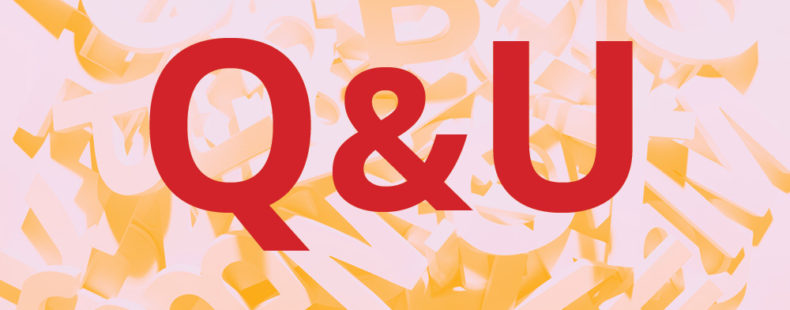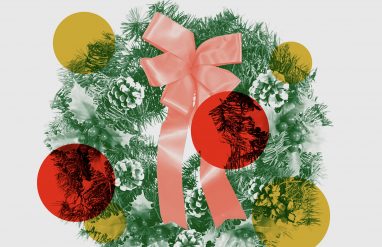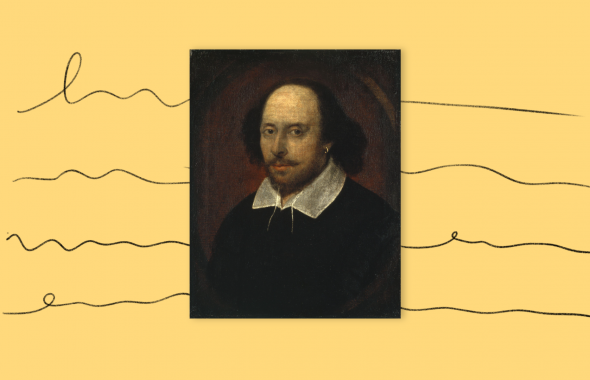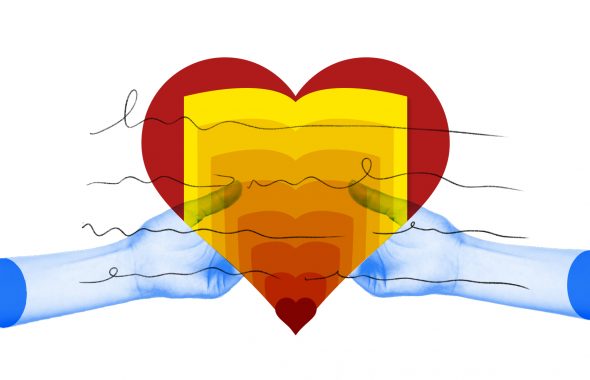Scrabble players are acutely aware that Q is a tricky letter. To use a Q in the game, a player must nearly always find an available U. (We’ll overlook the coveted two-letter word qi that any respectable Scrabble player will know.) The fact that Q is the second most rarely-used letter in the alphabet certainly doesn’t make using Q any easier.
Let’s quest toward resolving the questions of quarrelsome Q, the 17th letter in the alphabet.
How do Q and U work together?
In English, QU is always used as a digraph (a pair of letters representing a single speech sound) for the sound /kw/ (a voiceless labiovelar stop). Q’s pairing with U is a Latin invention that has its origin in Greek. The letter Koppa, which Q is based on, would appear before a rounded vowel where otherwise a sound like /k/ or /g/ would be used. But, a few other letters, like C, also designated the same sound but in different letter combinations. As C gradually came to represent more and more of these instances, Q became primarily dependent on U to express any sound at all. This is quite a quibble for a full-fledged member of the Latin (now English) alphabet.
(On a related note, why is W called “double-U” when it is in fact represented visually by two Vs?)
Q without U is used to represent sounds not often found in English but typical in Semitic languages. Loan words such as Qur’an and Iraq are examples of Q’s guttural /k/ sound.
(Want to learn more about loanwords? This article can help with that.)
WATCH: Did You Know Real People Write The Dictionary?
How did Q get its shape?
Q’s shape may have its origin in the Egyptian hieroglyph for a cord of wool, pronounced “qaw.” The symbol of a circle with a descending line was used in the Greek Koppa and is similar to the shape of the basic modern Latin character you see on your keyboard.
Speaking of keyboards, QWERTY is one of the few English words that does not have a U directly following the Q. That’s your fun fact for the day.














